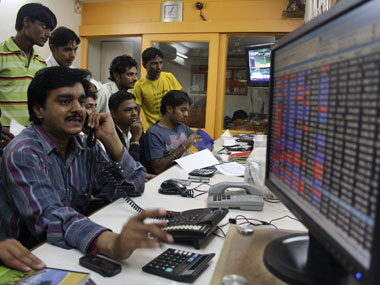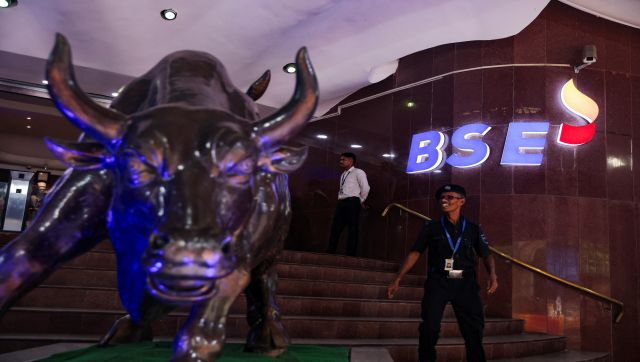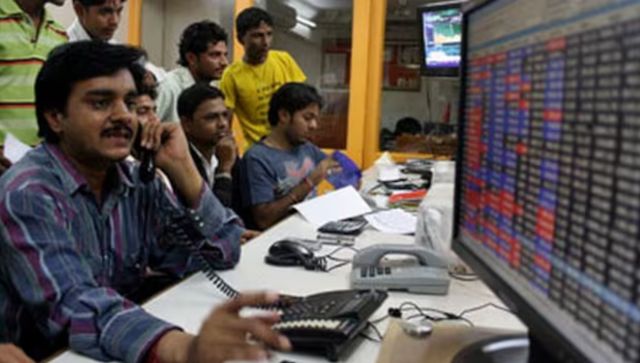Past returns do not support the headline at all and today (5 August) is the worst day to make the above statement. Equities the world over are tanking on fears over sovereign debt, growth concerns and the fact that policymakers can do nothing to turn the tide.
Governments the world over are fighting to control debt from burying the economy while central banks have limited resources to fight economies from flagging. So what makes equities attractive?
The very fact that policymakers’ hands are tied while artificially propping flagging economies makes equities attractive. The private sector will lead the way towards economic growth.
This is especially true in the case of the US, where the private sector is running a huge cash surplus, while the government is in deficit.
The cash surpluses of the corporate sector in the US are estimated at close to $1 trillion and this money will be put to work when the cost of capital comes off.
The cost of capital comes off when interest rates are low and US interest rates are at their lowest ever, with two-year bond yields at below 0.50 percent levels.
The same is the case in India, where the corporate sector is sitting on cash of Rs 2,00,000 crore - as seen in the money parked in the liquid schemes of mutual funds. The government’s inability to do anything about the slowdown means it will leave space for private sector investments, and resource utilisation will be more efficient.
India is also seeing policymakers’ hands tied. The government is trying to curb the fiscal deficit while the Reserve Bank is fighting rising inflationary expectations. The Nifty is in the fourth year of a bear market, as it is still 13 percent below the levels of 6,100 seen in December 2007.
There are worries about economic growth coming off sharply below projections of 8 percent by the Reserve Bank. Interest rates in India are at multi-year highs with 10-year benchmark government bond yields trading at 8.35 percent levels.
Inflation is expected to stay sticky at around 9.5 percent levels for a while as the government will overshoot its fiscal deficit target of 4.6 percent for 2011-12 due to its rising subsidy bill.
Equity markets are factoring in all the issues mentioned above and the fact that markets are declining on global uncertainties is a positive. Equities are factoring in a period of slow growth with policymakers unable to counter this trend.
However, the markets will start looking forward when volatility stabilises.
Looking forward, you have a situation where the Reserve Bank is likely to put a stop to policy rate hikes. This situation is suggested by flat bond yield curves where the 10-year bond yield and one-year yield are at similar levels.
In fact the interest rate swap market is factoring rate cuts by the Reserve Bank in the first quarter of 2012, where five-year swap yields are trading 70 basis points (0.7 percent) below one-year swap yields.
Clearly, in looking to buy equities investors have to be selective. Sectors such as real estate, commodities and power are to be avoided due to issues on debt and falling commodity prices while banks, information technology, export-oriented sectors and select consumer stocks will do well on the back of rates coming off and improved private sector activity in the US.
If in doubt, stick to the Nifty. The index will deliver if the markets stabilise.
The author is editor, www.investorsareidiots.com **, a financial web site for investors.**
Watch video: Arvind Sanger of Goesphere Capital says that India is likely to be the least impacted by a global slowdown
)
)
)
)
)